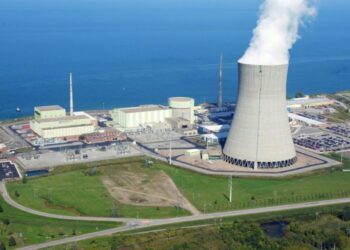The Gosa Primary community has been grappling with the challenges of poor electricity distribution for several years. This persistent issue has not only hindered the daily lives of residents but has also stifled the community’s economic growth and development.
Many households in Gosa experience frequent power outages, which disrupt essential activities such as cooking, studying, and working from home. The lack of reliable electricity means that children are unable to complete their homework in the evenings, and businesses struggle to operate efficiently, leading to a loss of income for many families.
Furthermore, the situation is exacerbated by the lack of proper infrastructure. Outdated power lines and insufficient transformers result in inconsistent voltage levels, causing damage to electrical appliances and increasing the costs of repairs for residents. The community’s reliance on alternative sources of energy, such as generators, is not only expensive but also detrimental to the environment, contributing to air and noise pollution.
The health sector is also affected, as clinics and hospitals face difficulties in maintaining essential services like refrigeration for vaccines and medical supplies. This puts the well-being of the community at risk, particularly during emergencies when reliable electricity is crucial.
Community members have expressed their frustration with the local government’s response to these issues. Efforts to improve electricity distribution have been slow and often lack transparency. Many residents feel unheard and marginalized, leading to a sense of helplessness and disillusionment regarding their future.
In conclusion, the poor electricity distribution in Gosa community is a multifaceted problem that impacts various aspects of life. Addressing this issue requires not only immediate action from local authorities but also a long-term commitment to developing sustainable energy solutions that can uplift the community and improve the quality of life for all its residents.





